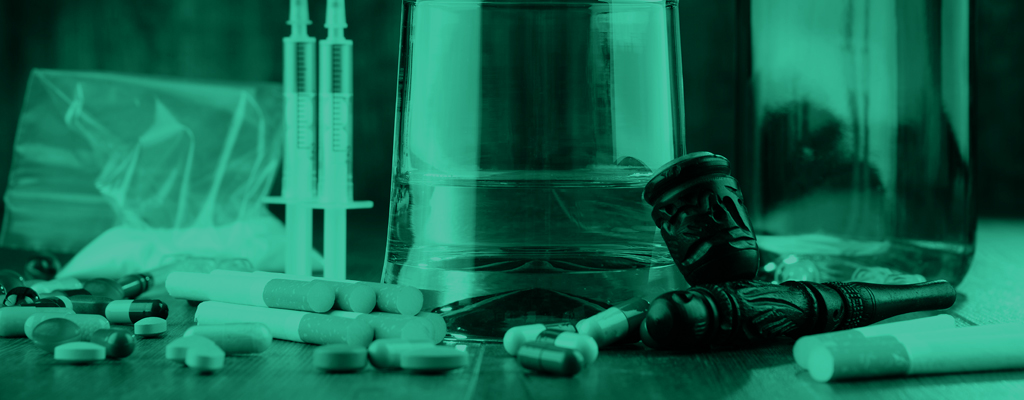New wastewater data reveals drug consumption trends across Europe

A new report has been published by the Europe-wide SCORE Group, in association with The European Monitoring Centre for Drugs and Drug Addiction (EMCDDA), which analysed wastewater in 73 European cities in 20 European countries in March 2018 to explore the drug-taking behaviours of their inhabitants.
Wastewater analysis is a rapidly developing scientific discipline with the potential for monitoring real-time data on geographical and temporal trends in illicit drug use. The discipline was originally used in the 1990s to monitor the impact of liquid household waste, and has since been used to provide estimations of illicit drug consumption in different cities.
In 2011, the first Europe-wide investigation was undertaken by the SCORE group which involved taking samples from 19 European cities; allowing for the first ever wastewater study of regional differences in illicit drug use in Europe. Following the success of this initial study, further studies were undertaken, with the most recent covering 73 cities and 20 countries in Europe in 2018. For the 2018 study, raw 24-hour samples were collected during a single week in March. These samples were analysed for the urinary biomarkers (i.e. measurable characteristics) of the parent drug (i.e. primary substance) for amphetamine, methamphetamine and MDMA. In addition, the samples were analysed for the main urinary metabolites (i.e. substances produced when the body breaks drugs down) of cocaine and cannabis.
2018: What’s new?
The 2018 findings offer a snapshot of drug use patterns in the selected cities involved, revealing clear geographical and temporal variations:
- Cocaine: In cities with wastewater data for 2017 and 2018, the latest figures reveal increases in traces of cocaine, confirming the upward trend reported in 2017. Cocaine residues in wastewater were highest in western and southern European cities, particularly in cities in Belgium, the Netherlands, Spain and the UK. The analysis points to very low levels of cocaine use in most eastern European cities, but the most recent data shows signs of increases.
- Amphetamine: The most recent data shows that most cities reported an increase in amphetamine residues, while data from the previous seven monitoring campaigns showed no major changes in patterns observed. The loads of amphetamine detected in wastewater varies considerably across the study locations, with the highest levels reported in cities in the north and east of Europe. Amphetamine was found at much lower levels in cities in the south of Europe.
- MDMA: The 2018 data points to increased traces of MDMA in most cities, compared with a stabilising trend in 2017. (Sharp increases of MDMA had been observed in the period 2011-16).
- Methamphetamine: Traditionally concentrated in Czechia and Slovakia, methamphetamine now appears to be present in Cyprus, the east of Germany, Spain and northern Europe (e.g. Finland and Norway).
- Weekly patterns: When weekly patterns of drug use were examined, cocaine and MDMA (ecstasy) levels rose sharply at weekends in most cities. Noteworthy in 2018, is that a similar pattern was observed for amphetamine (suggesting recreational use) whereas, previously, traces appeared to be more evenly distributed throughout the week. Methamphetamine loads were found to be evenly distributed over the week.
In this specific project, SCORE used a standard protocol and a common quality-control exercise at all locations, making it possible to directly compare illicit drug loads in Europe over a one-week period over eight consecutive years.
The EMCDDA adopt a multi-indicator approach to drug monitoring on the principle that no single measure can provide a full picture of the drug situation. It views wastewater analysis as a valuable additional tool which can provide timely information on a wide spectrum of substances.
To view the full report findings, click here
Randox Testing Services
At Randox Testing Services we offer a wide range of drug & alcohol testing options for companies who want to reduce the impact of illicit substances in their workplace. If you would like to speak with us about how we can help your company implement drug & alcohol testing, contact us using any of the below methods:
Tel: +44 (0) 28 9445 1011
Email: testingservices@randox.com